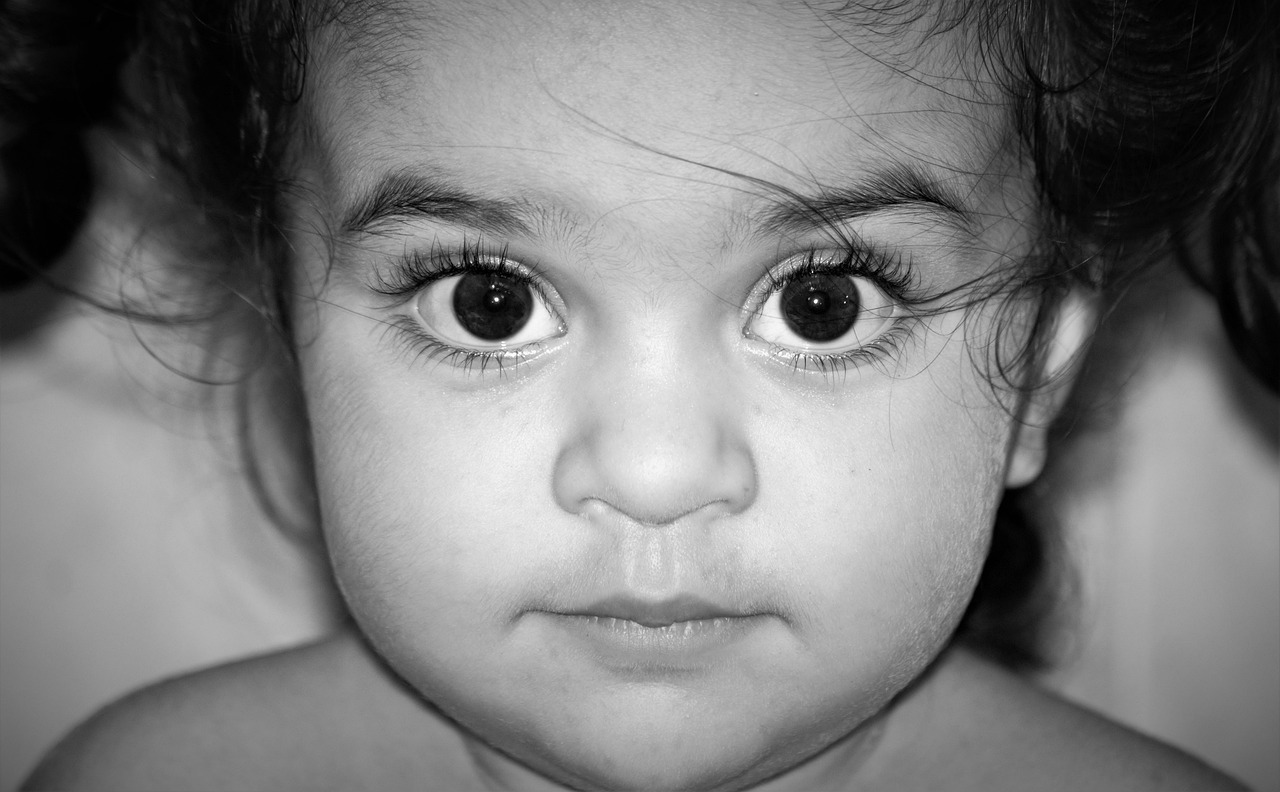Understanding the Importance of Global Education: Preparing Students for a Diverse World
Exposing students to different cultures is a crucial aspect of education in today’s interconnected world. By providing students with opportunities to learn about and interact with diverse cultures, they can gain a deeper understanding and appreciation for the similarities and differences that exist among people from various backgrounds. This exposure not only broadens their perspectives but also helps to cultivate empathy and respect for individuals with different beliefs, traditions, and customs.
Through exposure to different cultures, students are able to develop a more nuanced and inclusive worldview that reflects the rich tapestry of human experiences. This exposure can also foster a sense of curiosity and open-mindedness, encouraging students to approach unfamiliar situations with a sense of openness and receptivity. By embracing cultural diversity, students not only enhance their own personal growth but also contribute to the creation of a more tolerant and harmonious society.
Increasing Global Awareness Among Students
Exposing students to different cultures is crucial in today’s interconnected world. By immersing students in diverse cultural perspectives, they gain a deeper understanding of global issues and dynamics. This exposure fosters empathy and open-mindedness, essential qualities for effective global citizens.
Developing cross-cultural communication skills is another key aspect of increasing global awareness among students. By learning how to navigate cultural differences and communicate effectively with individuals from various backgrounds, students are better equipped to collaborate on an international scale. These skills not only enhance personal relationships but also pave the way for successful interactions in a globalized society.
Developing Cross-Cultural Communication Skills
In an increasingly interconnected world, the ability to effectively communicate across cultures is essential for success in today’s globalized society. Developing cross-cultural communication skills not only fosters mutual understanding and respect, but also opens up new opportunities for collaboration and growth. By immersing oneself in diverse cultural experiences, individuals can broaden their perspectives and enhance their ability to navigate across various cultural contexts.
Through engaging with individuals from different cultural backgrounds, individuals can learn to appreciate the unique values, beliefs, and practices of others. This exposure enables individuals to adapt their communication styles and approaches to effectively connect with individuals from diverse cultures. By embracing diversity and actively seeking to understand different cultural norms, individuals can cultivate empathy and build stronger relationships with people from around the world.
Why is it important to expose students to different cultures?
Exposing students to different cultures helps them develop empathy, respect, and understanding for people from diverse backgrounds. It also promotes global awareness and enhances cross-cultural communication skills.
How can schools increase global awareness among students?
Schools can increase global awareness among students by incorporating multicultural education into their curriculum, organizing cultural exchange programs, and encouraging students to participate in international events and activities.
What are some ways to develop cross-cultural communication skills?
Some ways to develop cross-cultural communication skills include actively listening to others, being open-minded and respectful of different perspectives, learning about different cultural norms and customs, and practicing effective communication strategies in multicultural settings.







